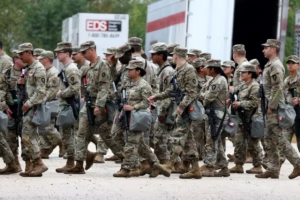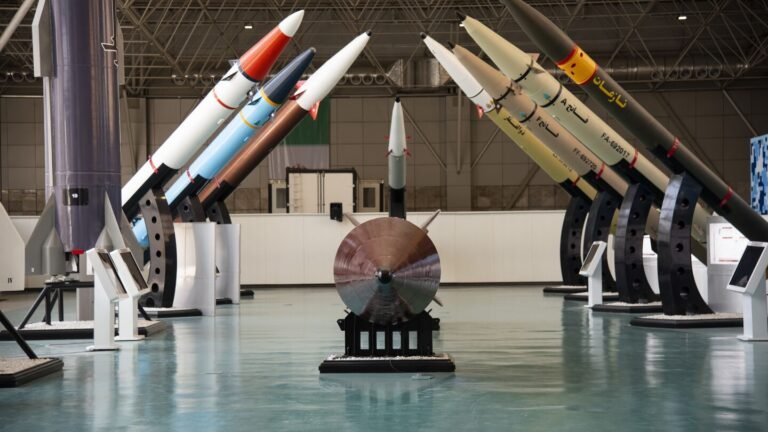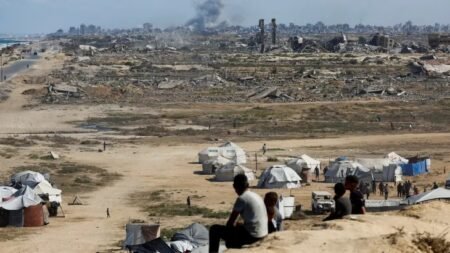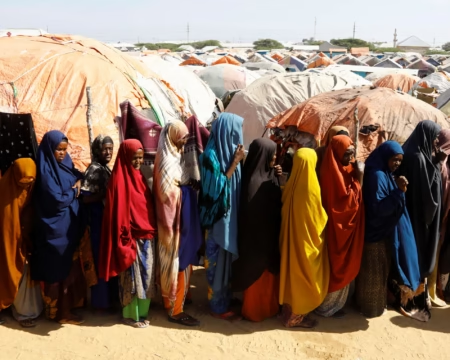In a major military operation, the United States launched airstrikes on three of Iran’s key nuclear sites early Sunday morning. These sites—Fordow, Natanz, and Isfahan—are central to Iran’s nuclear fuel cycle. U.S. aircraft, including B-2 Spirit bombers and F-15E Strike Eagle jets, were used in the attack. According to Pentagon sources, more than 25 precision-guided bombs were dropped on the facilities.
Shortly after the attacks, former Russian President Dmitry Medvedev, who now serves as deputy chair of Russia’s Security Council, posted a message on social media. He said the airstrikes caused no significant damage to Iran’s nuclear infrastructure. Instead, he claimed the attack will only push Iran to continue and even expand its nuclear efforts more openly.
In his most striking remark, Medvedev claimed that several countries are now ready to directly supply Iran with nuclear weapons. Although he did not name any countries, analysts suspect that North Korea, Syria, Venezuela, and possibly Russia could be among them.
Medvedev also said that the current conflict has made Iran politically stronger. According to him, Iranian citizens are now rallying behind their religious leadership. Even political opponents are reportedly showing support for the government’s current stance.
Meanwhile, the region has seen increased tensions. Over the past 48 hours, at least 12 explosions have occurred in Tel Aviv and Haifa in Israel. Israeli officials have linked these blasts to Iranian ballistic missiles and drones. Medvedev noted that ordinary Israeli citizens are now living in a deep state of fear due to the growing threat.
He also warned that the United States seems to be preparing for a new ground offensive in the region. If this happens, he said, it will likely lead to a long-lasting and complex war.
At the same time, Iran’s Foreign Minister Abbas Araghchi announced an urgent meeting with Russian President Vladimir Putin. Speaking at an event in Istanbul during the Organization of Islamic Cooperation (OIC) summit, Araghchi confirmed that he would travel to Moscow for discussions with Putin the next morning. He called Russia a close friend of Iran and hinted that new support could be coming soon.
Experts believe that the upcoming meeting could result in increased Russian military and nuclear technical support for Iran. It may also pave the way for a shared strategic response to Western military pressure.
Recent U.S. military reports reveal that Iran currently possesses over 3,000 ballistic missiles. It is also producing as many as 300 missiles each month, showing the country’s growing military strength.
The international response to the airstrikes and rising tensions remains mixed. While some countries call for restraint, others are silently preparing for a shift in alliances. The idea that multiple countries may now openly back Iran’s nuclear program has raised concerns around the world.
Analysts fear that if Iran receives direct nuclear support from other states, it could change the balance of power in the Middle East. This may lead to more conflict and reduce hopes for peace in the region.
For now, the situation remains tense. Iran is likely to continue its nuclear program at full speed. At the same time, signs point to a new phase of open cooperation between Iran and some of its international allies.
Observers say the coming days will be crucial. Talks between Tehran and Moscow may shape the future direction of the conflict. If nuclear support is truly on the table, the world may be entering a new and more dangerous era in international relations.







